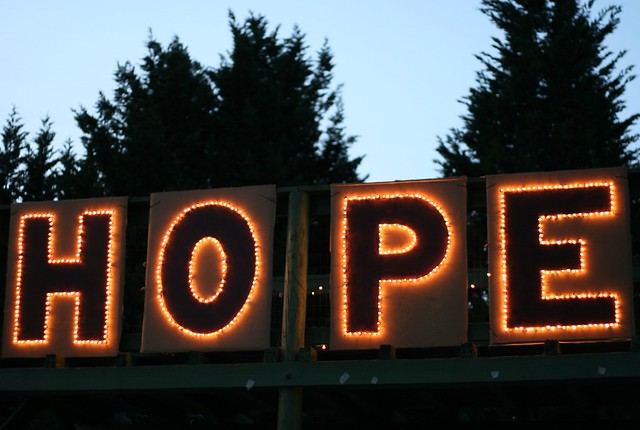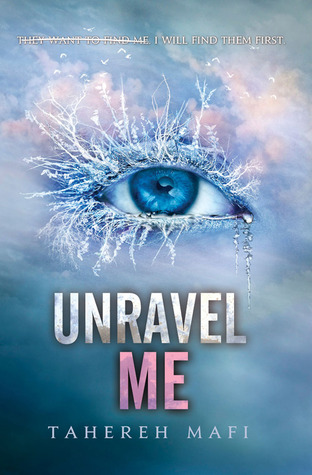 |
| Photo credit: DieselDemon on Flickr |
Today, however, I don’t want to talk about how much rejection sucks. I want to talk about my master strategy for taking the bite off an otherwise difficult experience: that is, how to cultivate hope despite the no’s sitting in your inbox.
There are two steps that I take to dull the sting of rejection, and I find they work best when done (or at least started) simultaneously.
Hope Rejuvenizer # 1: Revise your query and try again.
If you only send one query out, and you receive one rejection in response, it’s going to hurt. You know that saying about eggs in one basket? It’s the same idea—if all of your hope is resting on one query, it hurts twice as bad if it doesn’t work out and you have nothing to lean back on.
Instead, make a list. Decide on five to ten agents or editors (or both) you’d like to send to, and send your queries in batches. If you get nearly all form rejections, that’s a sign that you should probably rewrite your query before sending out batch two (remember what I said about getting your query critiqued? Do it), but the point is that you get a batch two out there.
The reason I call this a Hope Rejuvenizer is because with every query you send out, you have a new chance. A new open door. And maybe it won’t work out, it’s true, but maybe it will. And that’s what hope is all about.
Hope Rejuvenizer # 2: Work on a new manuscript.
This may sound like an anti-rejuvenizer because some may consider working on a new manuscript as a sort of throwing in of the towel. I know I did when I first started out in my writing journey, but it’s not true.
You see, there are two benefits of working on a new WIP while querying another manuscript.
- Distraction. Do not underestimate the power of distraction. When you’re querying, it can often be very difficult to focus. Every e-mail feels like it could be the e-mail, even if you only sent that query out ten minutes ago. When you’re busy working on another WIP, it is much easier to set those panicky thoughts aside and immerse yourself in a new world where queries don’t exist.
- Backup plan. Eventually there may come a time when you decide to trunk the novel you were querying. This often happens after a slew of rejections, and it can be very difficult to accept, especially if you don’t have something else to work on. Something else to be hopeful about. By working on a second (unrelated) manuscript while querying your novel, you have something to fall back on if you decide to trunk the first. You can say, ok, maybe this one didn’t work out—but the one I’m writing might!
Take my word for it. It really takes the edge off the sting.
So those are my main hope rejuvenizers, but now I want to hear yours: what do you do to keep your chin up while dealing with rejections?
Twitter-sized bites:
Twitter-sized bites:
Dealing with rejection? Here are two strategies to help you to keep moving forward. (Click to tweet)
Rejection is hard, but here are two steps to remaining hopeful despite it. (Click to tweet)






















